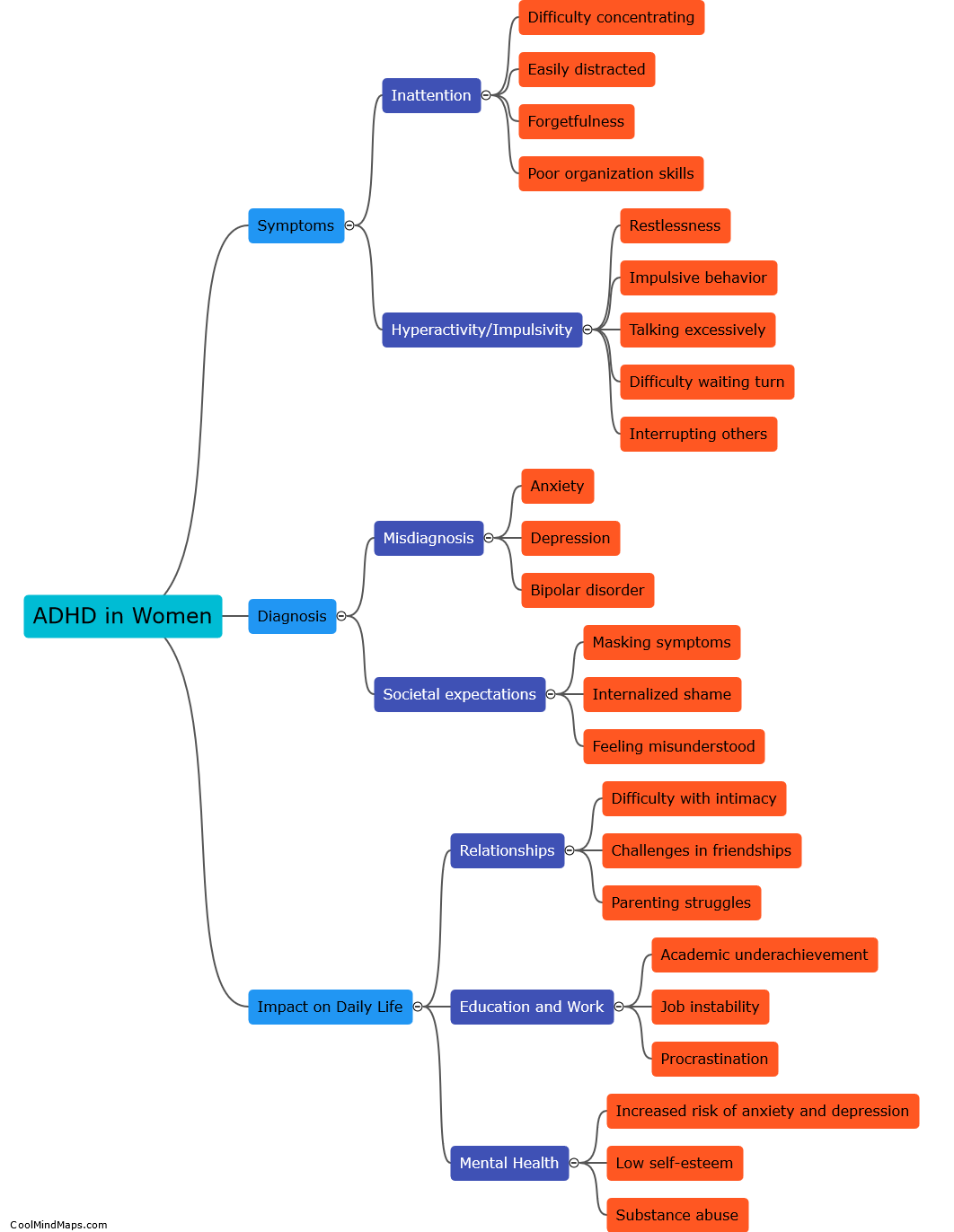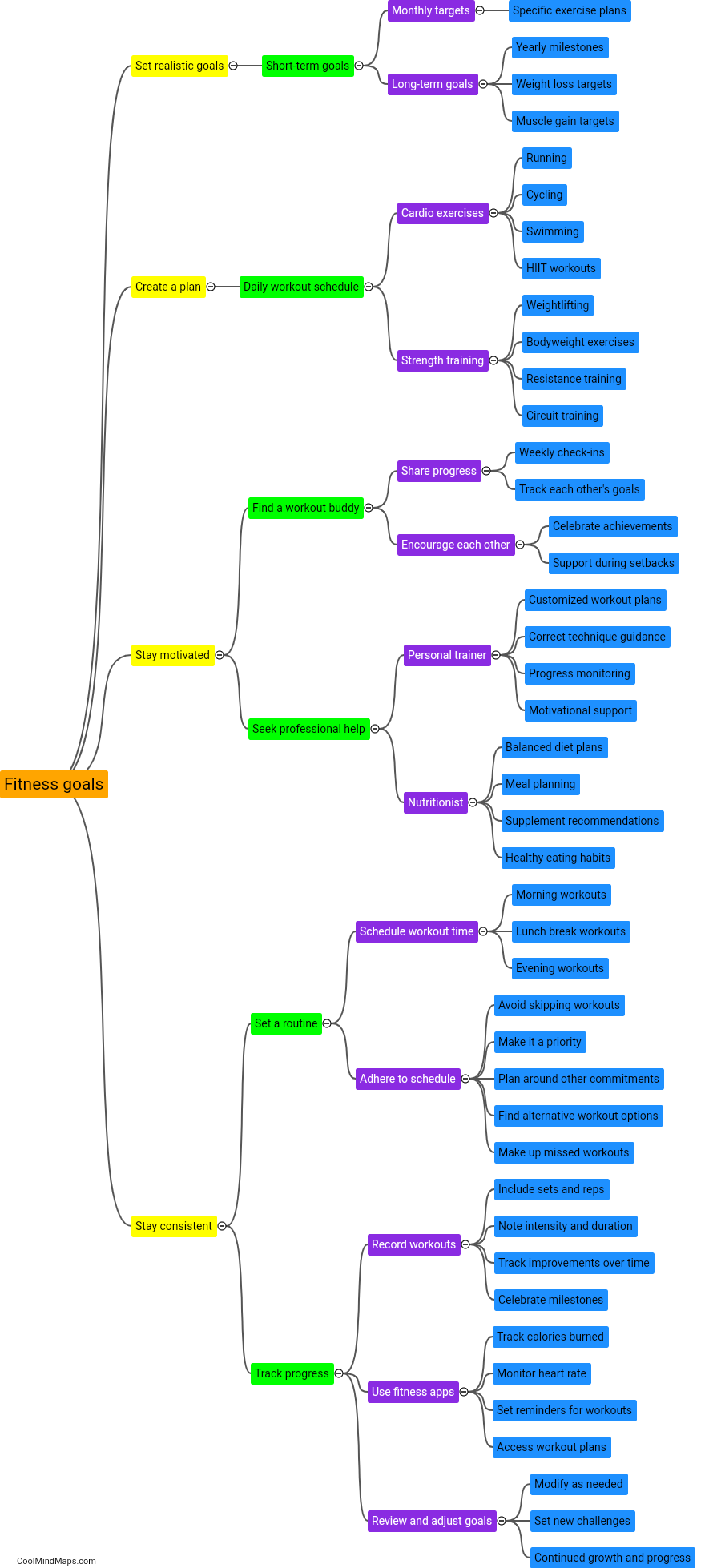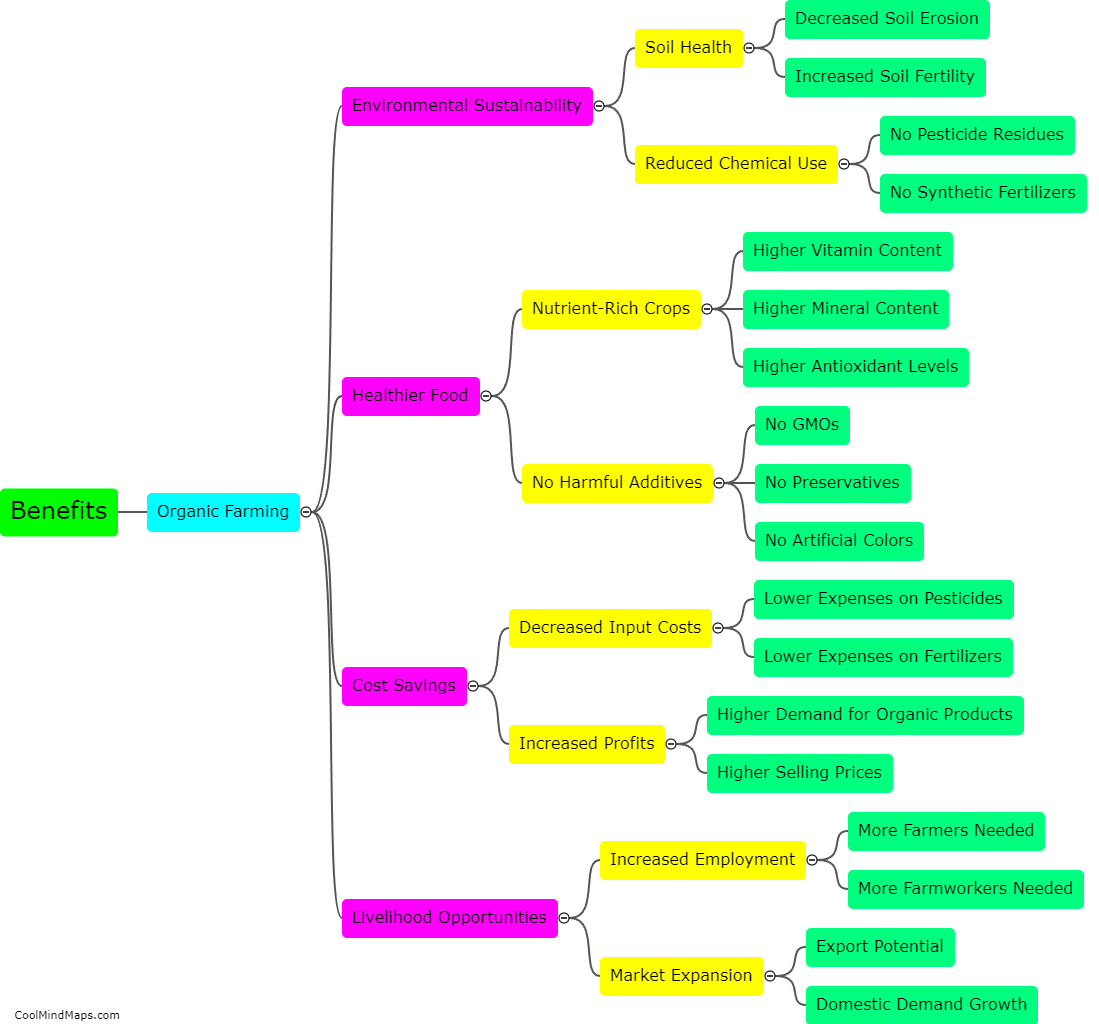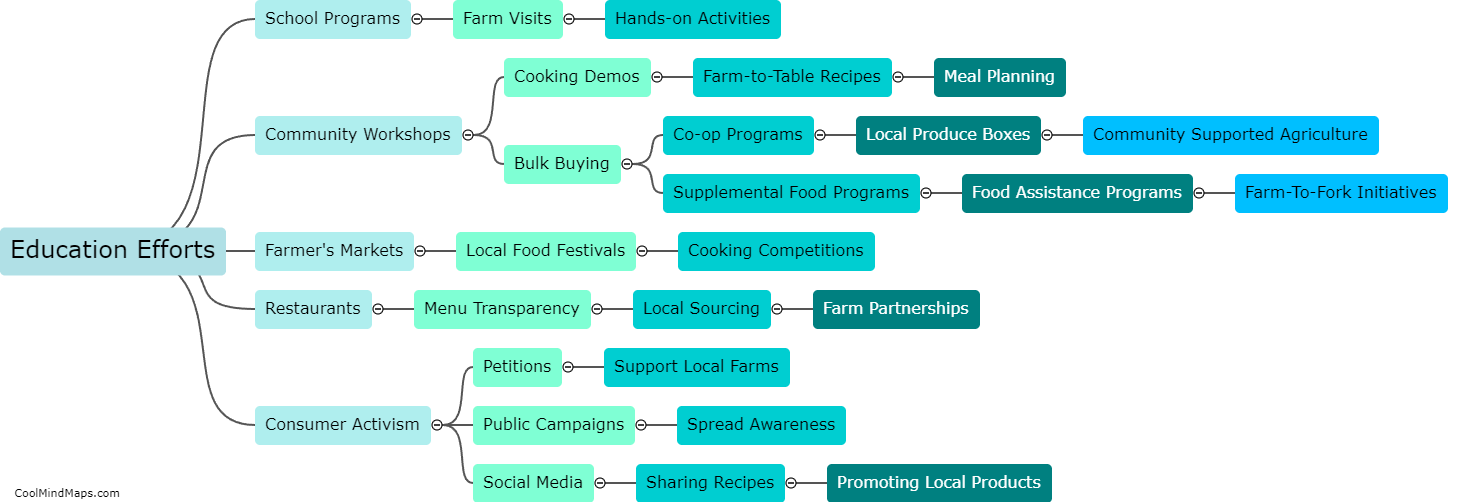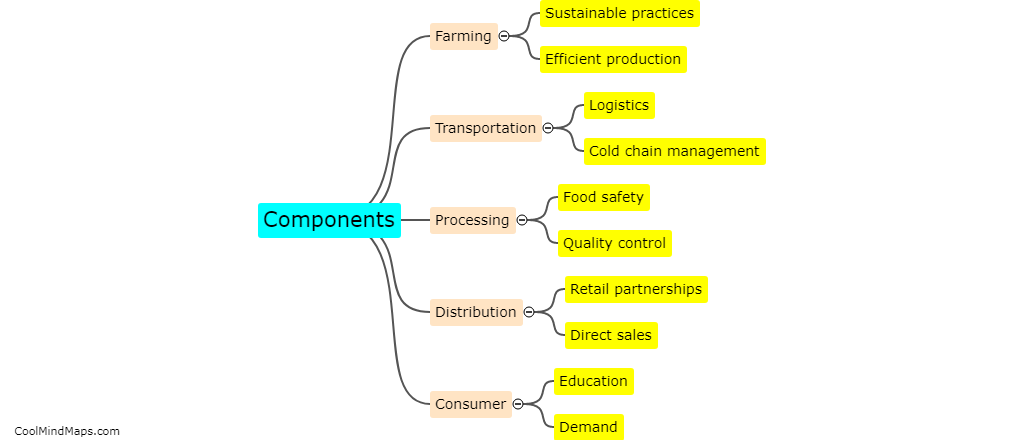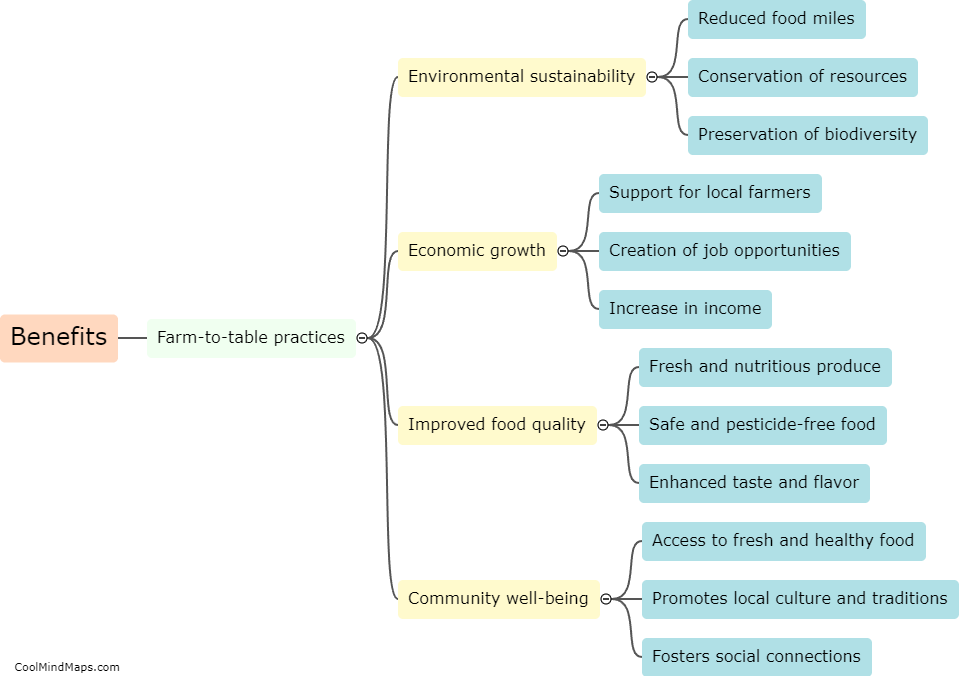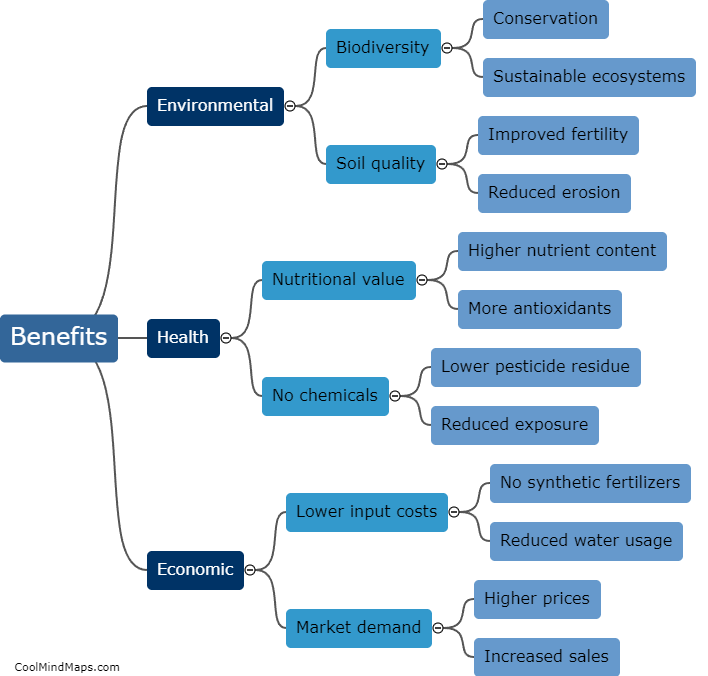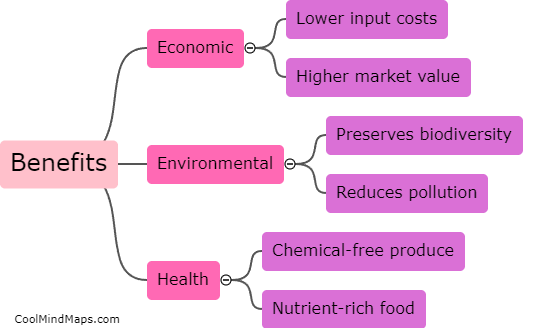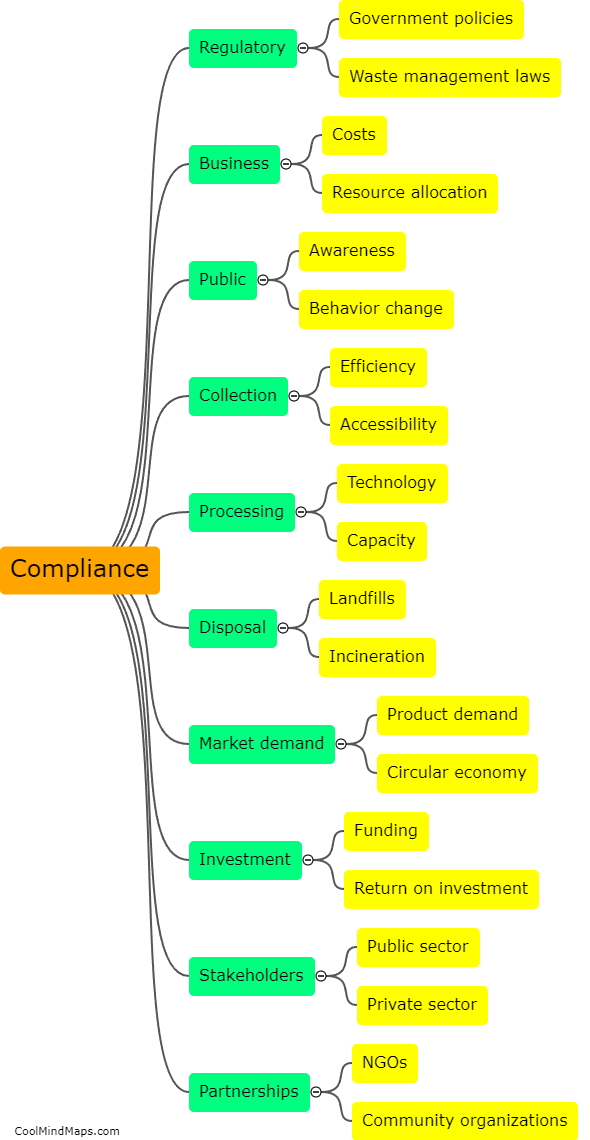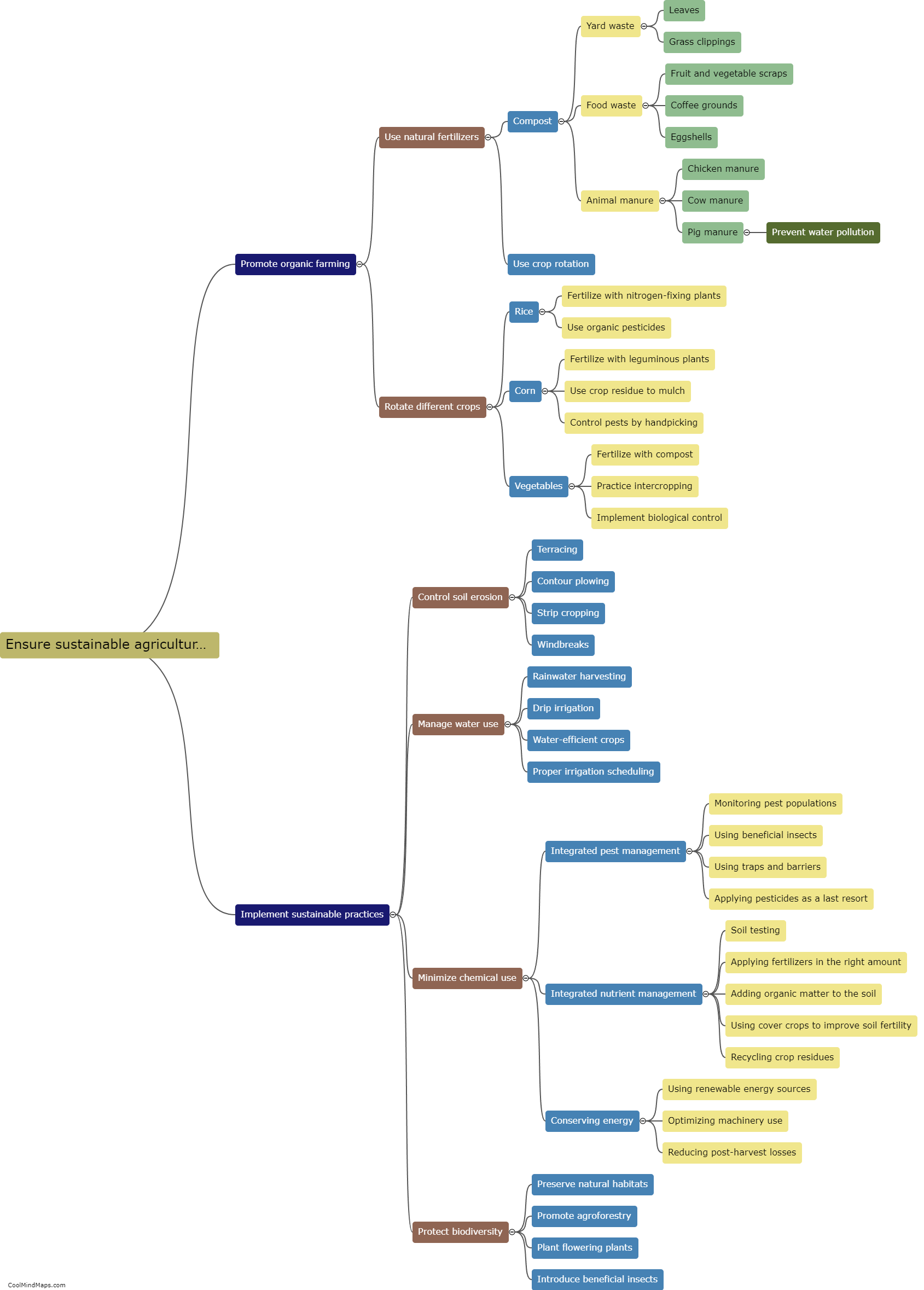What are the challenges of integrating organic farming in the Philippines?
Integrating organic farming in the Philippines faces several challenges. Firstly, lack of knowledge and awareness among farmers about organic farming techniques and practices hinder its widespread adoption. Many farmers are still reliant on conventional farming methods and may not have access to training or resources to transition to organic practices. Secondly, the high cost of organic inputs, such as organic fertilizers and pest management tools, poses a challenge, particularly for small-scale farmers with limited financial resources. Additionally, the certification process for organic products can be complex and time-consuming, making it difficult for farmers to meet the necessary standards. Finally, the lack of supportive policies and infrastructure, such as organic markets and distribution channels, contributes to the challenges of integrating organic farming in the country. Overcoming these obstacles requires comprehensive education, affordable organic inputs, streamlined certification processes, and a supportive regulatory environment.

This mind map was published on 2 July 2023 and has been viewed 86 times.

